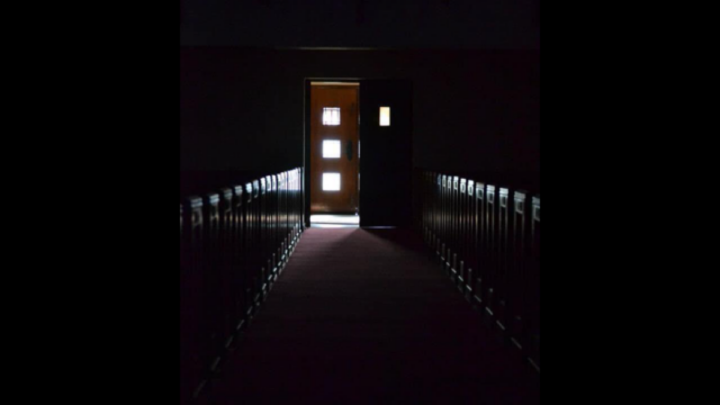In his book, Joining God In The Great Unraveling, Alan Roxburgh recounts the following remarkable/unremarkable story of the mysterious ways God is working in the world. Sometimes that still includes the church. One such glimpse he describes in the following narrative.
“In the southeast corner of Connecticut three very small, struggling parishes (congregations) had been formed in that state of small towns many years earlier. Several were now fragile, fearful their days were numbered. They knew they were way beyond business as usual and that programs to attract people weren’t going to work. With a mixture of desperation and desire to discern what God was saying to them they joined with their rector in an experiment of connecting with their neighborhoods. I’m not sure if anyone had any sense of what it was they were supposed to do but the Spirit was gently fermenting something unexpected among this little band of God’s ordinary people.
They asked each other how they might engage their neighborhoods. They discussed the usual programmatic options, talked about ways of meeting needs and helping people, and asked what they could “do” for neighbors. By the wonder of the Spirit they somehow recognized that none of this was what they were being called to do. Each time they thought about mapping a neighborhood they felt like voyeurs, not participants in the neighborhood. It struck them that these approaches were transactional, turning people into objects of plans and programs.
How they changed is part of the mystery of how God works and how the ferment bubbles into reality. This little band decided they wanted to be with the people not do for them. In one village they saw a laundromat busy with people. An idea came. Several of them bundled up their laundry and headed into the laundromat. It was their simple way of being with rather than doing for. As they did this, they were asking themselves, “What has this to do with being church?” But they persisted. They discovered they weren’t prepared for the laundromat. They’d stepped out of their own controlled worlds into a place where they did not control. If they were to be with people in the laundromat, they were going to have to become vulnerable. They had to ask people how to use the machines; they came without detergent and had to ask where they could get it, they had to ask for change for the dryers.
And so, out of their spaces of control they discovered relationships in mutual connection when, like Luke 10:1–12, they had to receive from people. In this space they actually learned about their neighborhood by listening to the stories of people they were with because what else do you do when you’re waiting for a spin cycle to end? The listening invited them into the community, into other places, other risks where they kept encountering the people of the community they could never have known in any other way.”
As we move forward into an unknown future, we are being called/nudged by the Spirit to venture off of our familiar maps and into new, uncharted waters. It merits each church asking itself: Where and to whom is the Spirit inviting our congregation to go? An old adage comes to mind: “If we keep on doing what we’ve always done, we’re going to keep on getting what we’ve always got!” But what if we choose NOT to keep on doing what we’ve always done?
After this the Lord appointed seventy others and sent them on ahead of him in pairs to every town and place where he himself intended to go. [Luke 10:1]
I’d love to hear some witnesses from the “front.” If you and your congregation have already been venturing away from business as usual into uncharted waters, please send your experiences to me as I continue to map out some of the places where the kingdom is taking shape in our neighborhoods across the district.
In Christ, Jon (the Methodist)
Jon (the Methodist)

